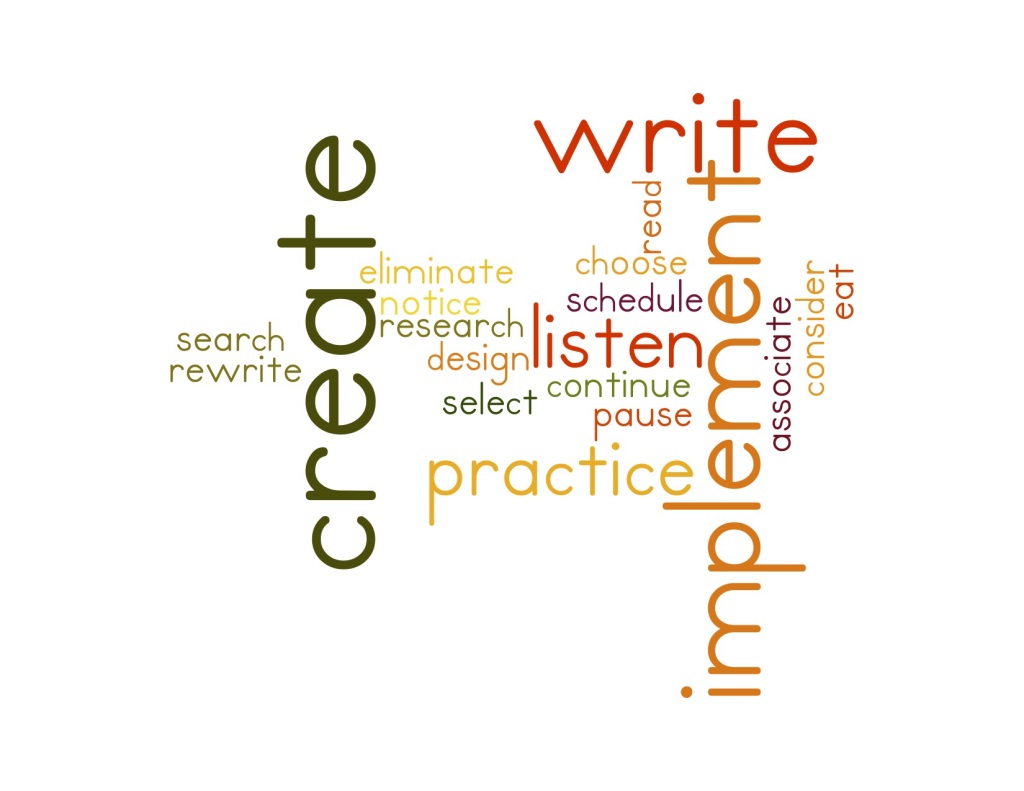I’ve written about the Strengths Finder assessment and understanding myself better so that I can find where I belong in the world and thrive. I’ve written about activator being my top strength.
Activator is all about making ideas happen; putting ideas into action. The key word being action, movement.
When I wrote How to Manage Depression Without Drugs, I had decided that each chapter needed to end with what I called a game plan. Some sort of action-plan for readers to get a practical idea of how to implement some of the things I had done that worked for me. The reason for this is two fold: First, I find that reading books that are all entirely theoretical and do not include the practical application are completely frustrating. Probably because, as an activator, I’m looking for that action plan. I want to know what to do. Second, I wanted the ebook to be as helpful as possible.
I didn’t think about it as I was writing the book, but it’s no wonder that the action part is so important to me. And it’s no wonder that the book uses 20-plus powerful verbs in the game plan sections.

This is a wordle that my friend Robin made for me based on the verbs in the game plan sections from How to Manage Depression Without Drugs. I find it inspiring and invigorating to see all those verbs in one visual representation.
I also find it interesting that this image is another person’s take on the power of the words from my ebook. When I was writing, those words all came pretty easily to me. I didn’t think consciously, “I need to use great verbs here.” So to have someone else’s perspective on the words and how powerful they are brought me a whole new level of energy and excitement.
It’s a reminder of how important word choice is. One of the cardinal rules of writing is to avoid adverbs at all costs, because it’s always stronger to get more specific with the verb. For example, instead of saying “he walked slowly,” say, “he strolled.” One gives a much more compelling image. A reader understands what stroll looks like. But walking slowly is not vivid at all.
It’s not always easy to use the power verbs.
It’s easy to be lazy and use whatever the first thing that pops into our mind. Especially on the first draft, we often want to just get it down. Get something down, anything. And if we are writing that quickly then, again, it’s not always easy to be conscious of choosing the power verbs. But that is what revision is for. We go back and find all the boring verbs, the “be” verbs in particular, and we swap them out for those power verbs.
Using a visual of verbs like this, or of any type of word you typically use, can be a powerful tool. It’s sort of like a tag cloud, right? Where you see quickly, in one snap shot, the type of words you’re using. This visual puts all the verbs together in one place and it helps me to see their relation to each other. It helps me to see how they work together. Sometimes you can’t do one action without doing another action first.
This snapshot makes it easier to recall the words you’re using, because you don’t have to flip through pages and pages–or in the case of an ebook, scrolling and scrolling–to find or remember them.
When Robin showed the wordle to me, I just remember being surprised. Surprised first that there were so many different verbs taken straight from my ebook. I had been working with them individually, one at a time as I wrote. And I hadn’t even thought to stop and compile them all together.
I was also surprised at how compelling they were together. I immediately felt energized. Like, yes, I want to do all those things. I want to choose, and listen and create and design and notice and implement. I want my life to be filed with the invigoration that comes from taking these actions on a daily basis. I want one action to fuel the next and I want to keep taking action, moving toward health and resilience.
***
Read more about what I’m learning along the way. Sign up for my email list & get a free copy of my ebook, Bold is Beautiful.
